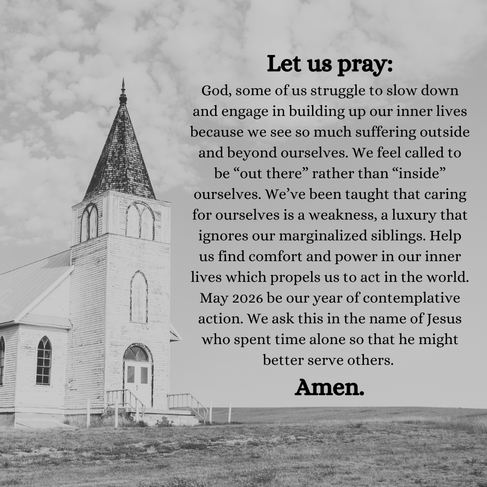A Message from the LOVEboldly Board
Dear Friends,
You’ve heard a lot from Ben about the struggles LOVEboldly has had with fundraising, but it’s important you hear from us too. Simply put, there’s a dynamic here which we know Ben would never discuss publicly, yet it needs to be said.
In the current climate of our country we have found it incredibly difficult to find funds to not only uplift the resources that you have all come to know and love, but to continue to support our Executive Director, the Rev. Dr. Ben Huelskamp. Ben has had to cut his hours from full-time to only 10 hours per week. We only have one staff person and a mostly new board currently and with these changes and the decrease in donations, partners, and grants we are not able to provide a full-time salary to Ben.
With the current cost increases of items and the decrease in employment, etc. we find that the first place that people cut costs are their donations and tithes. With these changes precious important resources like the ones LOVEboldly offers suffer.
We are asking that you not only help to support the mission and vision that we have but also help support our Executive Director, Ben, to be able to go back to his full-time status and continue to work and bring forth the faith and spiritual connection that we all need. Many people in our community think that they can’t be a person of faith and also be LGBTQIA+, LOVEboldly shows that you can be both and be loved exactly the way that you are. We are asking that you consider a monthly donation and/or a one-time donation and be the change that we all have needed one time or another.
But we can only do this work with your support.
Here’s how you can help right now:
Make a gift today. Every dollar gets us closer to our goal.
Set up a monthly gift. Recurring support helps us plan and sustain our work throughout the year. Even $10/month makes a difference.
Spread the word. Share this email with friends, post on social media, restack it, or text someone you know who cares about this work. Here's a QR code you can share with them.

Help us reach our goal. If you’ve been thinking about making a year-end gift, now is the time.
We have 11 hours. We need $7,605. And we need you.
Sincerely,
Cass Helm, LOVEboldly Board Treasurer
On Behalf of the LOVEboldly Board
P.S. If you’ve already given this year, thank you. If you can make an additional gift in these final days, we would be deeply grateful. If giving isn’t possible right now, sharing this message with your networks would mean the world to us.










